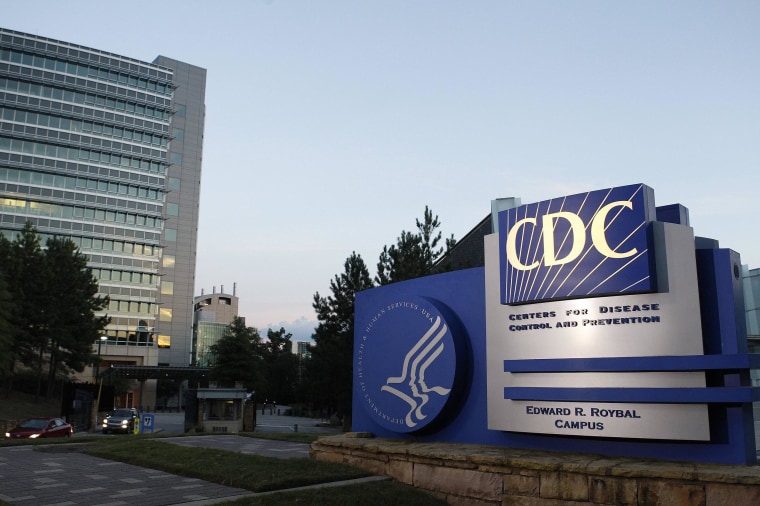If you’re even a casual news consumer, you know that the spread of Ebola, the U.S. airstrikes against ISIS and major security breaches within the Secret Service have dominated media coverage over the last week as Americans mull the safety of their families, U.S. soldiers, and the president himself.
One thing that Americans are collectively rolling their eyes at, though: the upcoming midterm elections, now just 27 days away.
A new survey from the Pew Research Center shows that Americans just aren’t particularly interested in the midterms, with only 15 percent saying they’re following election news “very closely,” and nearly one-in-four saying they’re not paying attention at all. Compare that to 36 percent who are paying close attention to the Ebola story, 31 percent concerned about the ISIS strikes, and 21 percent closely following the mistakes of the Secret Service.
While low interest in the elections may only be surprising to politics nerds who pour over crosstabs on Saturday nights, these numbers still worth noting – because they’re even LOWER than in the past two midterm cycles.
At around this time in 2006, for example, 21 percent of Americans said they were following the elections very closely. And in 2010, when a major wave swept a new class of Tea Party acolytes into office, a quarter of the public was tuned in.
